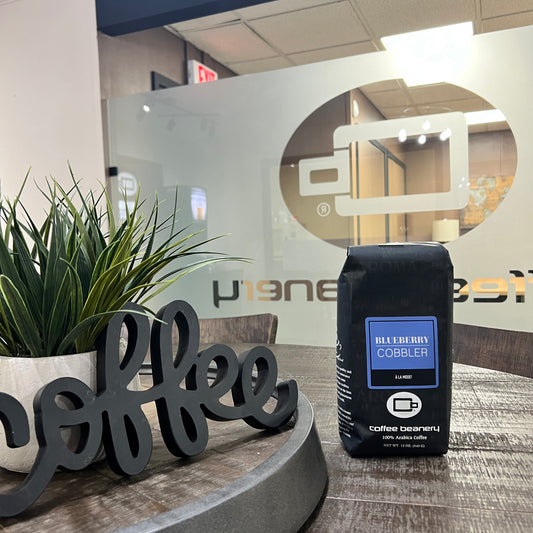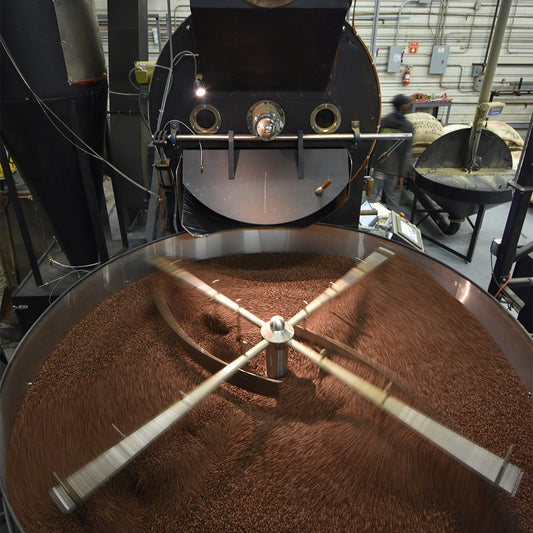Black coffee is a popular beverage enjoyed by many people around the world. It is made by brewing ground coffee beans in hot water without the addition of milk, cream, sugar, or other flavorings. Black coffee is virtually calorie-free and provides a variety of nutrients and health benefits. Let's take a closer look at its nutritional composition.
Calories
There's a reason why you can have black coffee while fasting; it contains almost no calories at just 2.4 per serving! With no carbohydrates, sugar, cholesterol, or fat, drinking coffee can be a great choice as part of your daily drink consumption. The absence of milk, cream, and sugar keeps the calorie content negligible. No shame if you like to add a sweetener or a splash of milk of course; just keep in mind those items can significantly increase the calorie and carb content and would most certainly break your fast. On the other side, the calcium and protein from the milk or cream could be a bonus to your dietary goals. It's all about silver linings over here.
Caffeine Intake
Coffee is known for its caffeine content, and black coffee is no exception. The exact caffeine content can vary depending on the brewing method and type of coffee beans used. On average, an 8-ounce cup of black coffee contains around 95 milligrams of caffeine. Caffeine acts as a stimulant, enhancing alertness and reducing fatigue. In other words, please wait until I've had my morning cup of iced coffee before attempting communication.
Some studies also tote caffeine consumption with weight loss as it can increase metabolic rates and remain elevated for a few hours after coffee intake. (The American Journal of Clinical Nutrition)
Antioxidants and Potential Benefits
Did you know coffee is a fruit? Well, kind of anyways. The coffee bean is the pit of a cherry that grows on coffee trees. Now we know that berries are chock full of antioxidants and that's no different for the coffee bean. According to a European study, coffee is noted for being a top source of antioxidants in our diets. Coffee is a rich source of antioxidants, which are beneficial compounds that help protect the body from oxidative stress caused by free radicals. Some studies suggest that the antioxidants in coffee may have various health benefits, such as reducing the risk of certain chronic diseases like heart disease, Alzheimer’s disease, type 2 diabetes, and certain types of cancer. With its load of polyphenols, coffee is often considered to be heart-healthy.
Essential Nutrients
While black coffee is not a significant source of essential nutrients, it does contain small amounts of certain minerals, including potassium, magnesium, and niacin (vitamin B3). However, the amounts are generally not substantial enough to contribute significantly to your daily nutrient requirements.
It's worth noting that the health benefits and effects of black coffee can vary from person to person. While moderate coffee consumption is generally considered safe and can be part of a healthy diet for most people, excessive intake or sensitivity to caffeine may lead to side effects such as sleep disturbances, and increased heart rate. For those with caffeine sensitivity, check out our Swiss Water Process decaf coffee, a superb chemical-free method we use to decaffeinate our coffee that leaves the beans 99% caffeine free!










